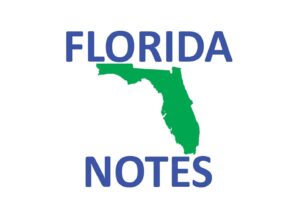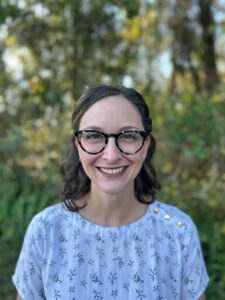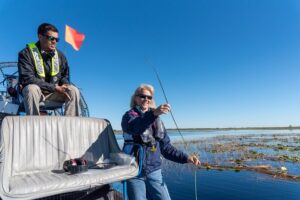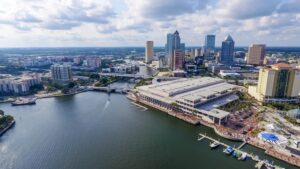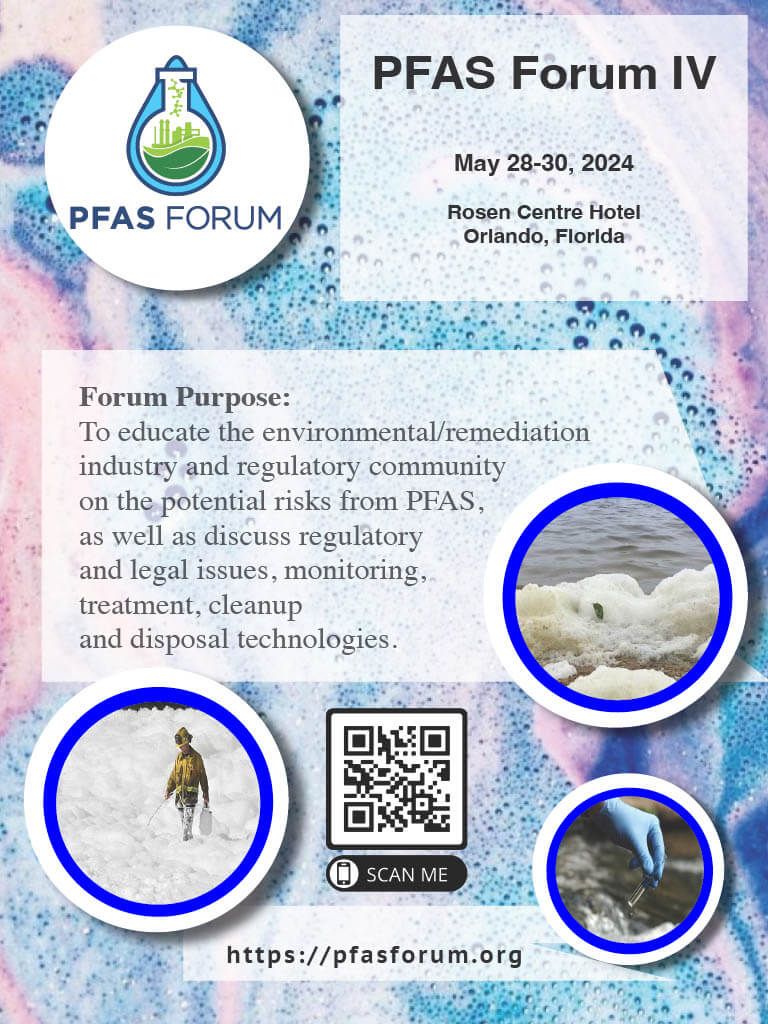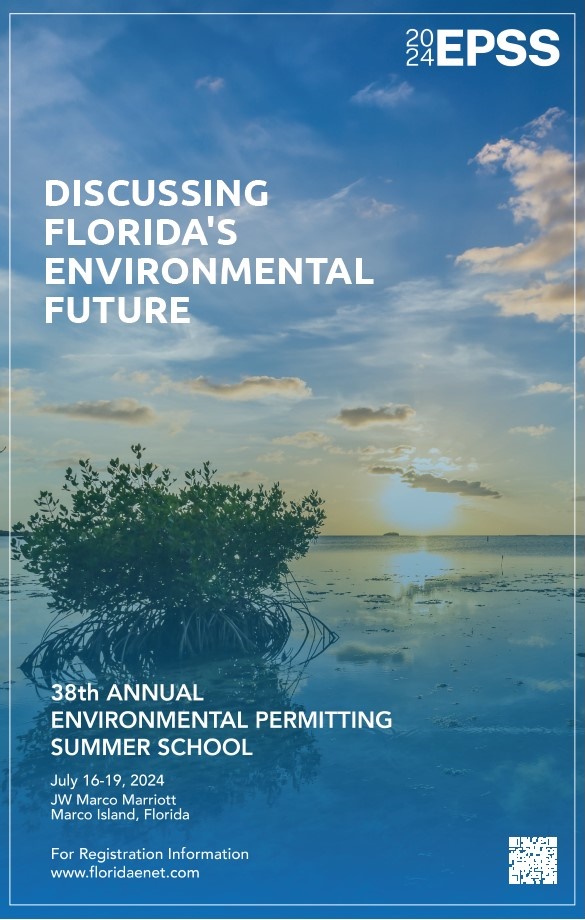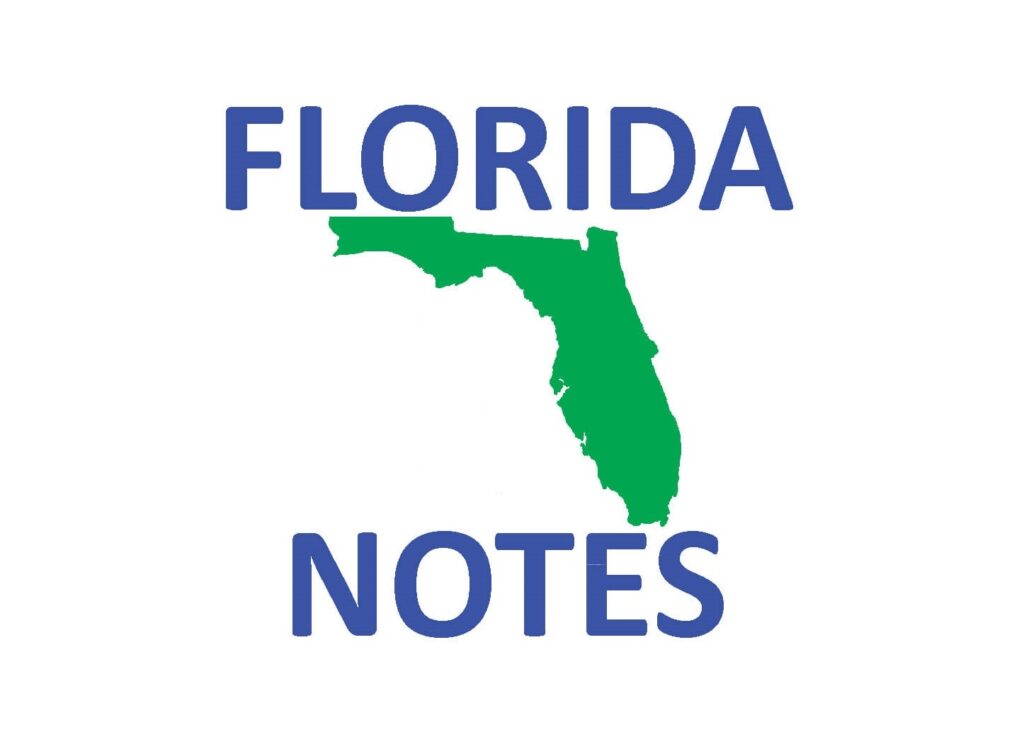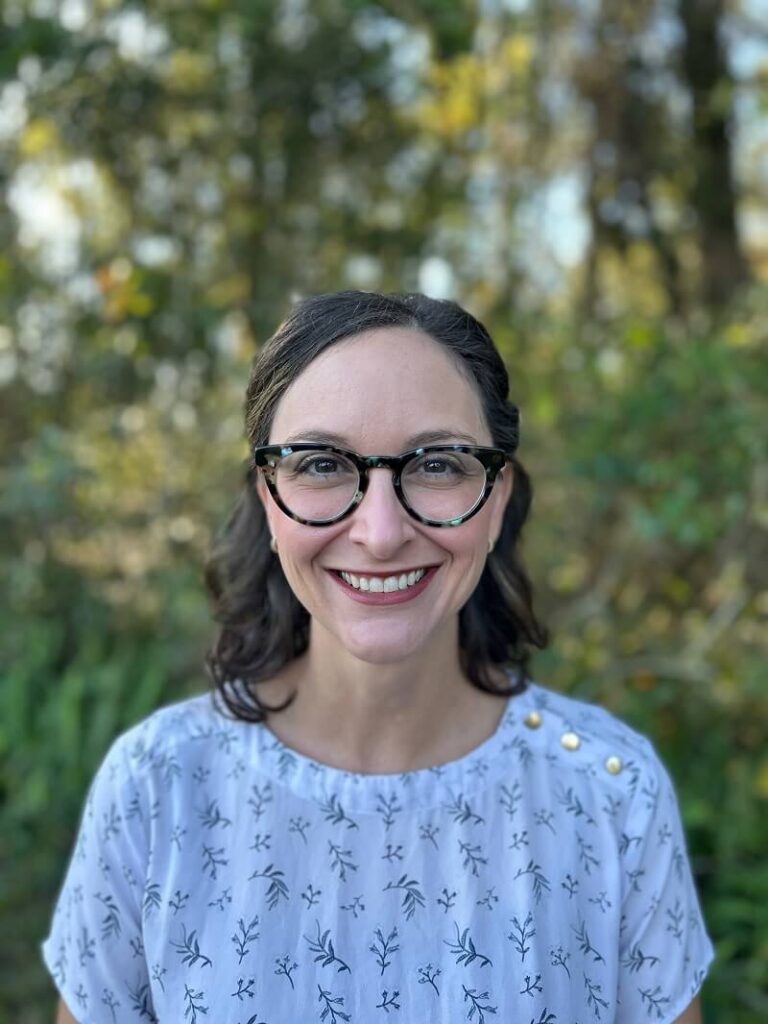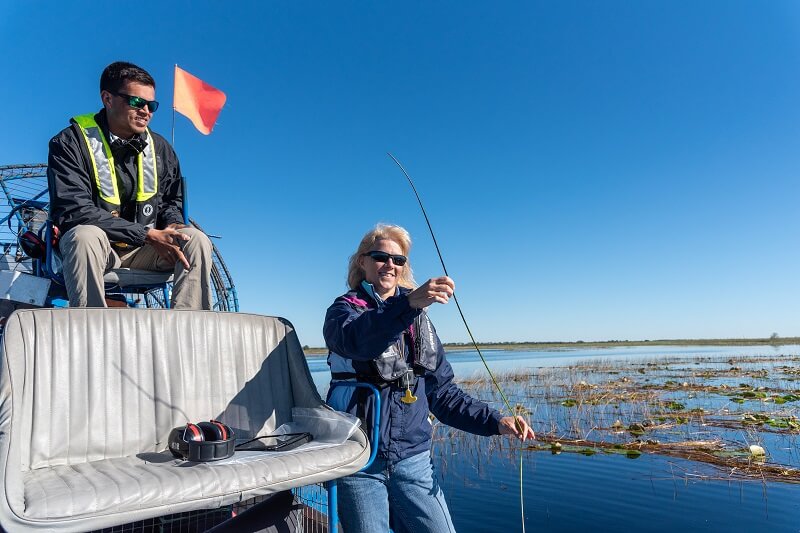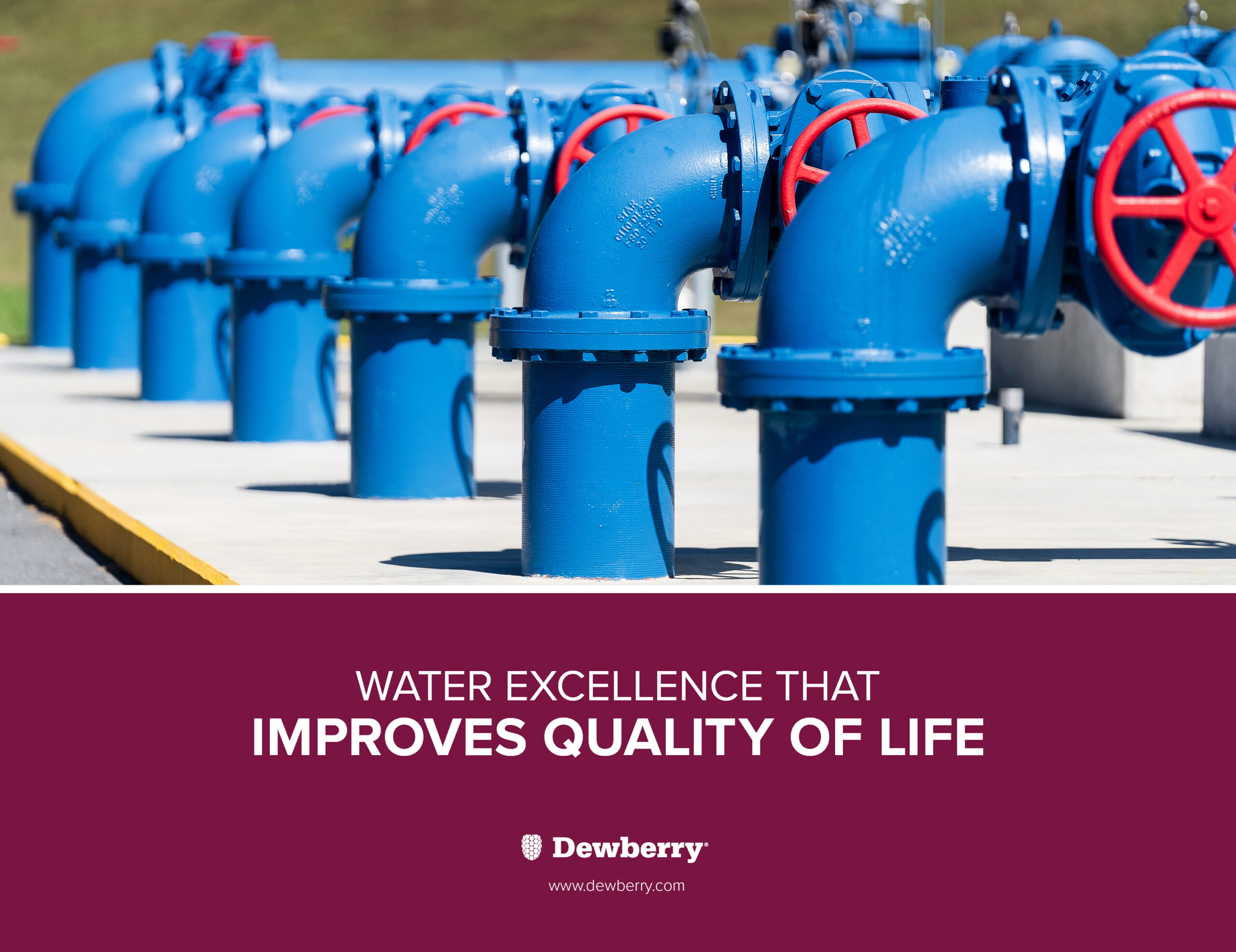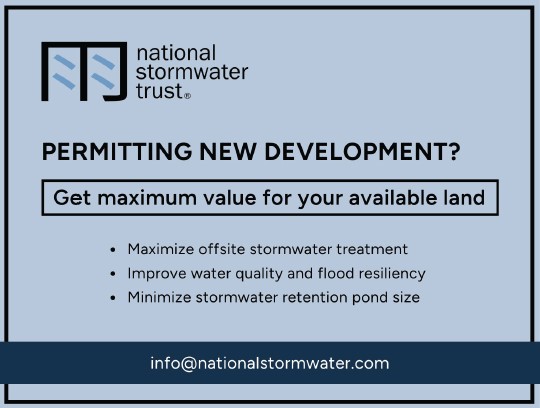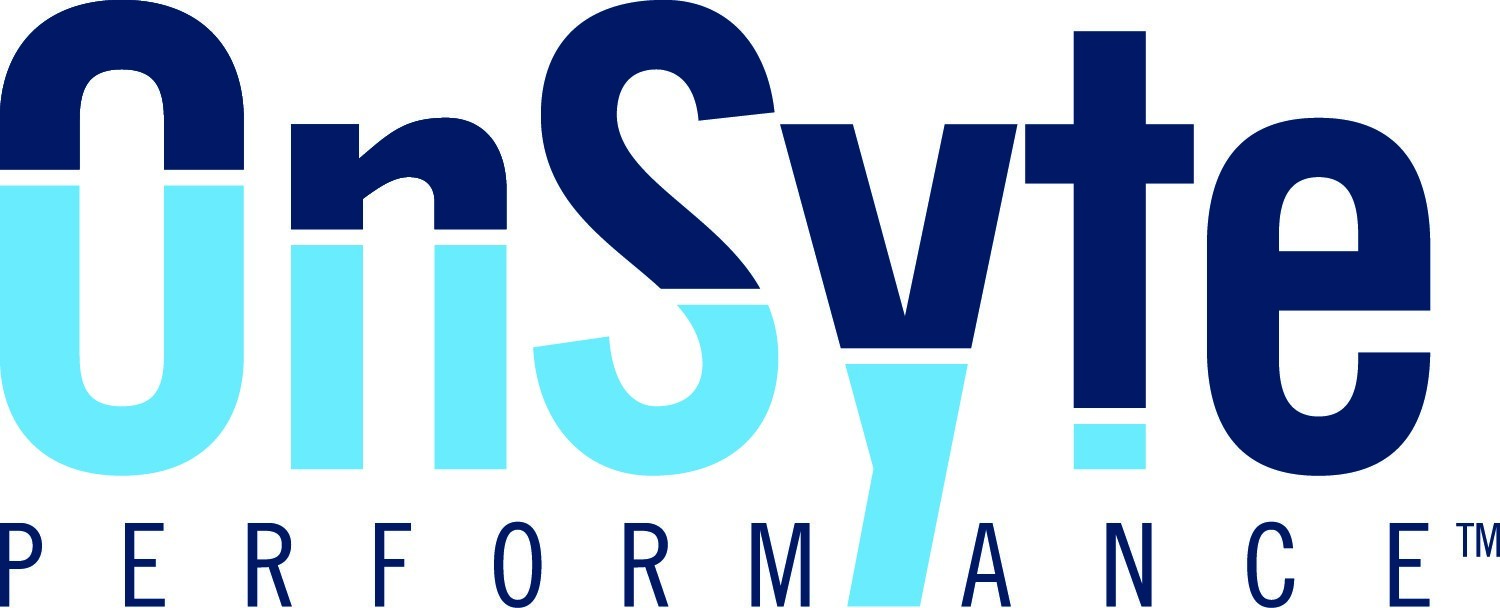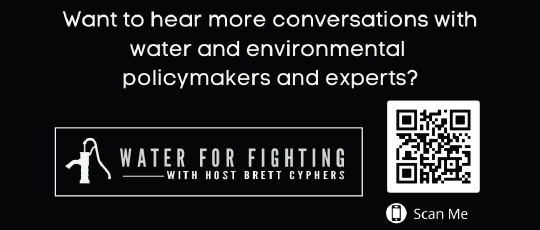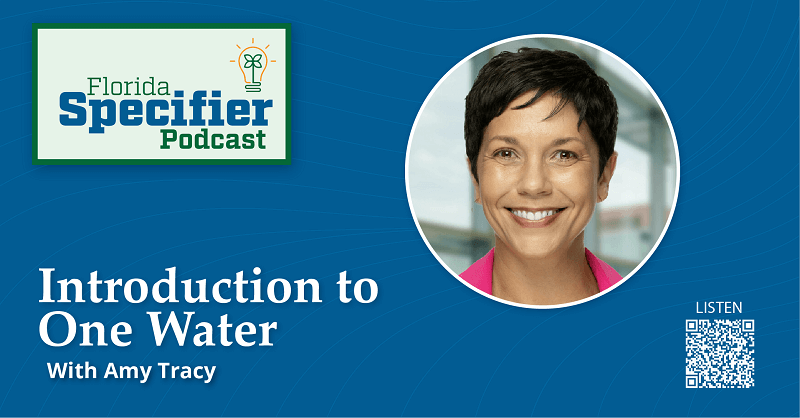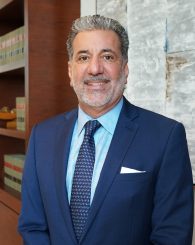
By John J. Fumero
On Feb. 15, a major federal District Court decision was entered that removes the Florida Department of Environmental Protection’s (FDEP) 404 permitting authority over federal jurisdictional wetlands in Florida.
On Aug. 20, 2020, FDEP applied to United States Environmental Protection Agency (EPA) for assumption of the federal Clean Water Act (CWA) 404 wetland permitting program. On Sept. 16, 2020, EPA published notice in the Federal Register that Florida submitted a complete application for assumption. On Dec. 17, 2020, the EPA granted Florida, through the FDEP, assumption of the Section 404 CWA program. Section 404 governs discharges of dredge or fill materials into federal jurisdictional wetlands, also referred to as waters of the United States (WOTUS).
Following assumption, FDEP began review permit application and issuance 404 permits (the State 404 Permit). Prior to assumption, a 404 permit was obtained from the U.S. Army Corps of Engineers (Corps). By assuming the section 404 permitting program, the overarching goal was to streamline the permitting process by addressing federal requirements parallel with the state’s Environmental Resource Permit process, while maintaining at least the same level of environmental protection and standards as in the assumed federal wetland permitting program.
The Case
In the case of Center for Biological Diversity v. United States Environmental Protection Agency (EPA), State of Florida, et al., Plaintiffs, including Center for Biological Diversity, Defenders of Wildlife, the Sierra Club, the Conservancy of Southwest Florida, Florida Wildlife Federation, and the Miami Waterkeeper, challenged EPA’s approval of Florida’s assumption and alleged that the Defendants violated the federal Administrative Procedures Act (APA), the CWA, and the Endangered Species Act (ESA). Defendants in the case included the EPA, FDEP, the U.S. Fish and Wildlife (FWS), the State of Florida and several federal officials sued in their official capacities.
Judge Randolph Moss, U.S. District Court in Washington, D.C., issued a 97-page “Memorandum Opinion,” which among other things, overturns the EPA’s approval of Florida’s assumption of the section 404 Clean Water Act permitting program. This ruling, for the time being, effectively precludes FDEP from reviewing and issuing State 404 Permits.
The ESA broadly prohibits unpermitted “take” of endangered and other species and critical habitat encompassed by the ESA. A “take” is generally defined to include any action or habitat modification that may “harass, harm, pursue, hunt, shoot, wound, kill, trap, capture, or collect” a species. The ESA’s implementing regulations, the Corps, or EPA are required to determine whether any action, namely dredging and filling activities in WOTUS, may affect listed species or critical habitat. If the federal agency determines that an “action may affect a listed species or critical habitat,” the agency must consult with the FWS to ensure proposed activities are “not likely to jeopardize the continued existence of any endangered or threatened species.” This consultation process is commonly referred to as “Section 7 consultation” and can result in the preparation of a Biological Opinion, which is used to determine how the proposed activities may affect the species or its critical habitat and to determine whether the proposed activities are likely to jeopardize the continued existence of any listed species. If it is determined that the proposed activity will “take” a species, an “incidental take statement” is issued with the Biological Opinion.
Traditionally, consideration of a 404-permit application under review by the Corps was subject to the ESA Section 7 review process. However, following assumption by the state of Florida, that formal FWS consultation process was effectively replaced. To achieve streamlined permit processing, FDEP, in concert with the FWS and EPA, undertook a statewide programmatic Section 7 consultation. As a result, a “programmatic” Biological Opinion finding no jeopardy, followed by a “programmatic” Incidental Take Statement (ITS), was developed with the goal of ensuring that State 404 Permits provided permittees with a safe harbor from ESA liability. It is noteworthy that as part of Florida’s assumption of the federal CWA 404 permitting program, several state/federal interagency agreements were developed. For example, there is a Memorandum of Understanding between the FWS and the Florida Fish and Wildlife Conservation Commission, which set forth the coordination framework wherein DEP or FWC may engage with the FWS to establish a threatened and endangered species coordinated review through the State 404 Permit Program.
Moving Forward
The court held that the FWS Programmatic Biological Opinion and its ITS, and EPA’s reliance on those documents in approving Florida’s assumption application, violate both the ESA and the APA. In its opinion, the court further noted that in Florida’s assumption application to the EPA, it sought to confer, through the Section 7 ESA mechanism, “broad ESA liability protection on all future state permittees for incidental take resulting from state-issued dredge and fill permits”. Importantly, the court concluded that “the appropriate remedy is to vacate the EPA’s approval of Florida’s assumption application.”
Given the significant implications of its decision, the court stated that it would “will permit Defendants to seek a limited stay of that vacatur within ten days of this decision.” The court order states that “until such a limited stay issues, the State is without any authority to issue a Section 404 permit, and all Section 404 permitting authority in the State of Florida is vested in the Army Corps of Engineers
The order outright prohibits FDEP from issuing any further State 404 Permits, for dredging and filling activities in WOTUS, that may affect the any species encompassed by the ESA, which includes “no permit required” determinations by FDEP as well.
Hence, the Corps is now responsible for the review and issuance of 404 permit applications that result in impacts to WOTUS, especially if the proposed activities could potentially impact ESA listed species or critical habitat. When and how the Corps will take on these regulatory responsibilities is not known at this time.
To be sure, the court decision has resulted in a great upheaval for public and private development projects throughout Florida involving the dredging and filling WOTUS. Some commentators have pointed out that, presently, the Corps is not staffed to take on these permitting responsibilities once again. Others have expressed hope that the regulatory and legal implications of this decision will be more fully vetted in the coming weeks by FDEP and the federal agencies. As of the date this article was submitted for publication no pleadings have been filed by the parties to stay the court order or carve out limited exceptions to its reach.
John J. Fumero, a former General Counsel of the SFWMD, is a shareholder at Nason Yeager Gerson Harris and Fumero, P.A. where he practices environmental, land-use, and administrative law throughout Florida


